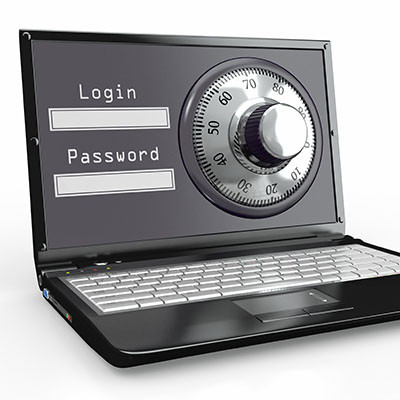PCSOFT Blog
Considering LastPass’ Breach, Should Password Managers Be Trusted?
It’s been about a month since LastPass—one of the most well-known and popular password managers out there—suffered a security breach where attackers managed to worm their way into the systems where LastPass stored its source code. Let’s review the situation, and what your response should be.
First, let’s go over what we know.
LastPass Lost Their Intellectual Property, Not Customer or Employee Data
According to the password manager’s report, no customer or employee data was successfully accessed, with those responsible instead only gaining access to the password manager’s proprietary source code. We say “only” because many pieces of proprietary software these days use many, many open source components, all of which need to be documented even if some modifications were made.
So, while LastPass’ source code could be helpful to a prospective attacker, it isn’t going to be their magic bullet to get in.
This is also why open-source projects—where source code is openly shared so it can be examined and improved upon—are able to exist. Many of these open source projects have received security updates for vulnerabilities that went unnoticed, despite all eyes having access to the code.
Furthermore, a Decent Password Manager is Effectively Useless to Break Into
To explain this, let’s pretend that your password manager is like a giant bank. You go to the bank and deposit your money—your passwords and other credentials—into their vault for safekeeping.
The fear is that, should someone manage to break into the bank and access the vault, all of your money is there for the taking. This would be the case if your password manager was just storing the passwords you provided on their own servers. However, that isn’t how a reputable password manager functions.
To return to our bank analogy, the vault is really only filled with safety deposit boxes that are brought to you when you need to access them. You have your master key (the password to the vault) along with another, secondary form of identity authentication to provide that is generated on the spot, and required to access your safety deposit box.
Notice that the bank doesn’t have the key to your vault, meaning that they actually can’t allow someone else to access your safety deposit box, whether that someone is a criminal or a member of law enforcement.
This is how a password manager works: rather than storing your passwords, encrypted versions of your passwords are stored—and, with you being the only one with the password to your other passwords, the password manager can’t decrypt them on its own.
So Yes, It is Still a Good Idea to Use a Password Manager…
…and for a few reasons, too.
- A decent password manager helps reinforce password best practices, in that it condenses the tens and dozens of passwords you should be remembering into a single password that is supported by multi-factor authentication. It’s no secret that many people shrug off the best practice of using a unique password for each account. Because the password manager stores them for you, you only need to remember the one password that gives you access to your password storage.
- A decent password manager can help you come up with better passwords, preventing you from using recognizable patterns. I want you to do me a favor and think of a completely random password. Now, consider that password and see if you included any personal details or other information that could be associated with you. Did you stick to a pattern that you’ve used in your other passwords? A password manager can help you avoid these habits by generating longer, more complex passwords on your behalf.
- A decent password manager will stop you from recycling passwords. Let’s say that a website you have an account on is hacked, and your login credentials are exposed in the data breach. If you’ve used the same login credentials elsewhere, that’s another however-many accounts that have been compromised. A password manager removes the temptation to use the same password everywhere, because it makes it easier for you to switch them up.
- A decent password manager will help protect you from phishing sites. You and your password manager see websites differently, so while you may see Facebook or a Gmail login page, your password manager won’t, and will prompt you to not put in your credentials.
Make No Mistake, the LastPass Hack Isn’t Good News…
…but it also isn’t nearly as bad as it could have been. PCSOFT is here to help you make sure that your security is as established as possible, protecting you from issues, threats, and attacks—including through the use of a reliable password manager. Give us a call at 02 98730080 to find out what we offer to businesses.


Comments